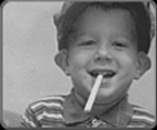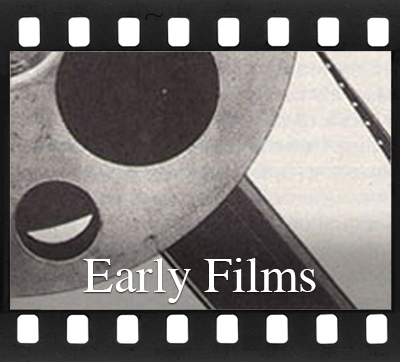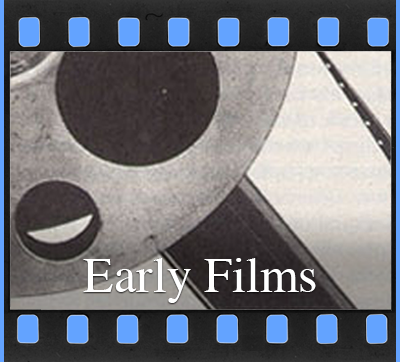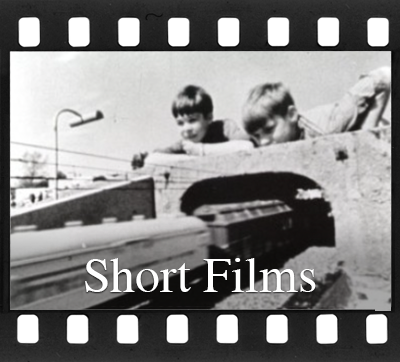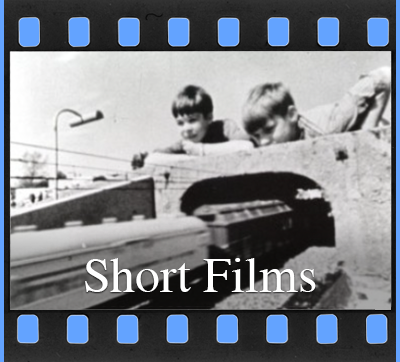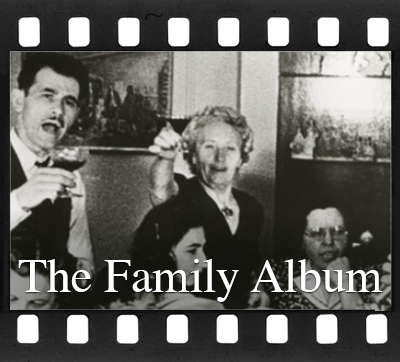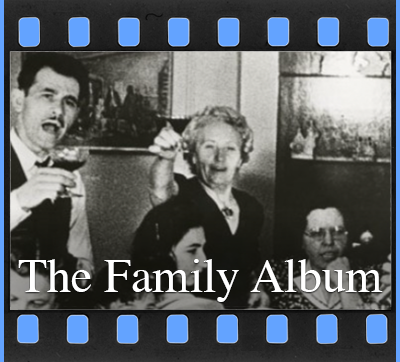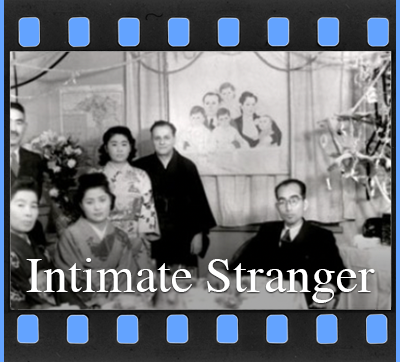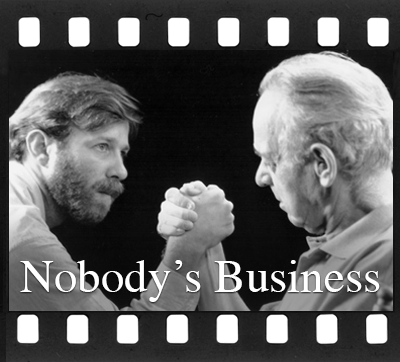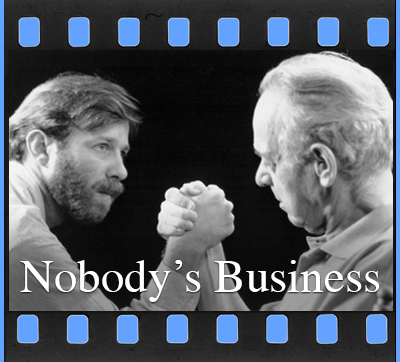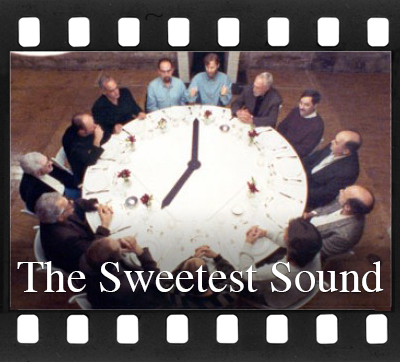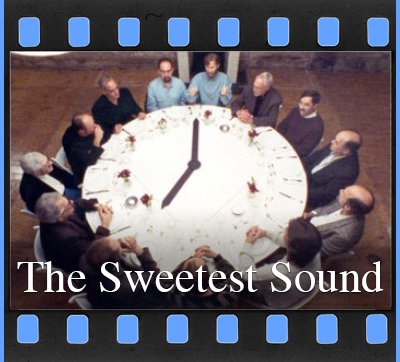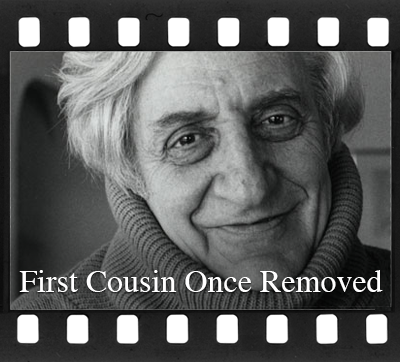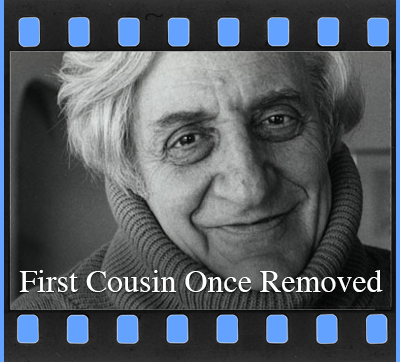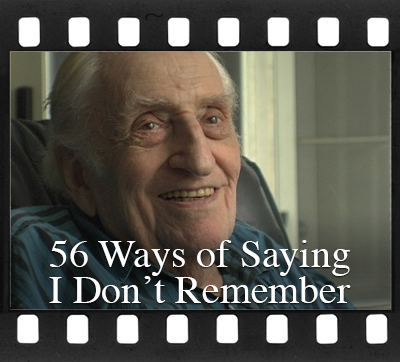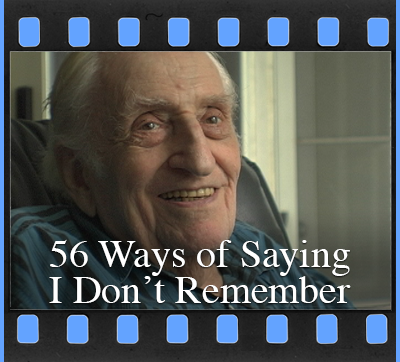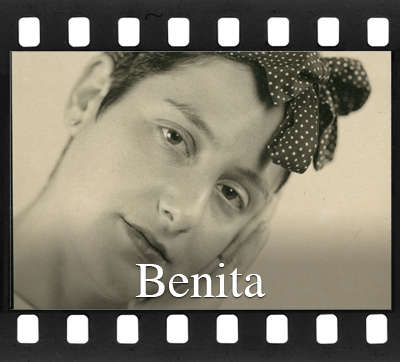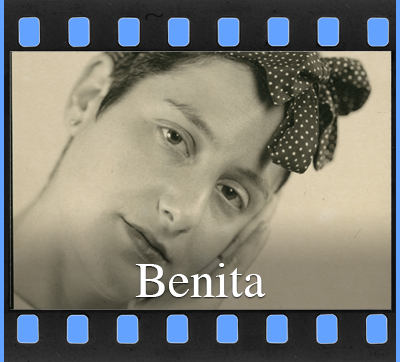Variety
Thursday, January 30, 1992
Film Reviews
Intimate Stranger
By Todd McCarthy
Park City - A stunningly imaginative hand-made, one-man film, "Intimate Stranger" combines biography, personal inquiry, a search for roots, 20th century history, family portraiture and cultural anthropology in a work of unusual resonance. A festival hit in New York and at Sundance, this film will unfortunately see its audience limited due its inevitable pigeonholing as a documentary as well as its offbeat aesthetics. But, ironically, it would actually speak more directly to the experiences of even the most mainstream audiences than something like "The Last Boy Scout."
A New York filmmaker who does it all himself, Alan Berliner has a unique style blithely unhampered by the structures of either the fiction or documentary form. He tells the curious life story of his elusive, peripatetic maternal grandfather, Joseph Cassuto, a Palestinian Jew raised in cosmopolitan Alexandria who spent the key part of his professional life in Japan while his family remained in Brooklyn.
Berliner has an unusually rich store of home movies and vintage photographs to work with, and uses them at different speeds and in amusing ways (he points out how his grandfather invariably contrived to position himself at the center of any group shot).
The archival footage included is largely unfamiliar, and the juxtaposition of music to image is often stunningly unexpected.
But two factors give the film its special distinction. One is its dense, active editing style, which features the rat-a-tat-tat of typewriter keys to suggest Cassuto's actual writing of a strange third-person autobiography, as well as letter fragments, postmarks and stamps to indicate the extent of Cassuto's travels and long absences from home.
The other is the amazing running commentary of his surviving family and business associates. Children and grandchildren argue, dispute and speculate about the details of Cassuto's life, concurring only in the view that he treated his business associates much better than he did his family.
In this they are supported by a host of Japanese colleagues, all of whom bow and scrape in honor of a man they revered like an especially loved brother or teacher.
For it was Cassuto, after all, who had been one of Japan's most reliable and loyal foreign friends since joing the Japan Cotton Trading Co. (later the giant Nichimen Co.) in Egypt in 1923, who helped them back on their feet after World War II, and opened the door for them to the West.
As one of his descendants says, "His business was having people like him. I never met anybody who didn't like him. Except his immediate family."
Post-war, Cassuto lived 11 of 12 months of the year in Japan, while his long-suffering wife raised the kids in New York.
Berliner and the other family members try to make sense of this, as well as of the fact that, despite having been at the right place at the right time, Cassuto didn't amass any significant amount of money.
An early Zionist, fluent in seven languages, a man of influence, politically conservative, and "a professional advice machine," Cassuto may or may not have been a remarkable individual in his own way.
But he has certainly received a remarkable "biography," one that is haunting in the manner it suggests the uncertain relativity between knowable facts and knowledge of a man's true life.
- ◻ SYNOPSIS
- ◻ AWARDS
- ◻ CREDITS
- ◻ FESTIVALS & SCREENINGS
- ◻ JOURNAL EXCERPTS
- ◻ THE WONDER OF STRANGER
- ✓ VARIETY REVIEW
- ◻ SELECTED REVIEWS
- ◻ PRESS QUOTES
- ◻ POV INTERVIEW
- ◻ VIEW CLIPS
- ◻ PHOTOS
